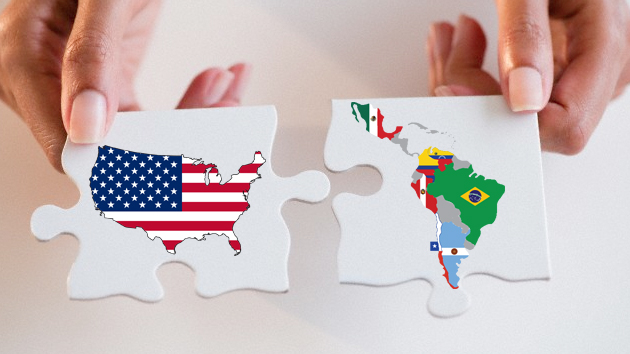My apologies in advance: the last thing the world needs is another blog post on US-Latin American relations. With that out of the way, there really are some interesting developments going on that warrant mention.
The NYTimes reports on a recent private dinner between Secretary of State Hillary Clinton and six former Latin American presidents. The article talks about the vacuum created by the departure of Arturo Valenzuela, the United States’ top diplomat to the region, and a clash of cultures on what US policy in the region should be. The article also talked about certain Latin American leaders’ opinion that it is a “lack of sustained US engagement” that is the biggest risk to US (economic) interests in the region.
For anyone interested in the future of hemispheric relations, I recommend it. Colombia’s El Tiempo has coverage here, Living in Peru here, Excelsior (MX) here.
Moving forward, sustained engagement and dialogue are no doubt extremely important to future commercial and diplomatic ties. As are the need for country-specific approaches to region-wide problems. But perhaps equally important is to rethink the notion that the United States needs to be extremely active in what is going on in Latin America.
Many have criticized President Obama and former president Bush for neglecting the region. Yet during these supposed periods of neglect, Latin America has in some ways surged ahead. Although fears of a bubble exist, some are calling this “Latin America’s decade”.
So what role does the US now play? What role should it play? If that role is diminished, what are the consequences and advantages to the United States? To Latin America? Economic and cultural ties between the two regions are generally very strong, with the possibility the latter grows stronger as the Latino population grows in the US, and these are things that will likely not change in the immediate future. But what will US policy towards the region be (if there are changes), and how will it differ from the status quo?

Reply